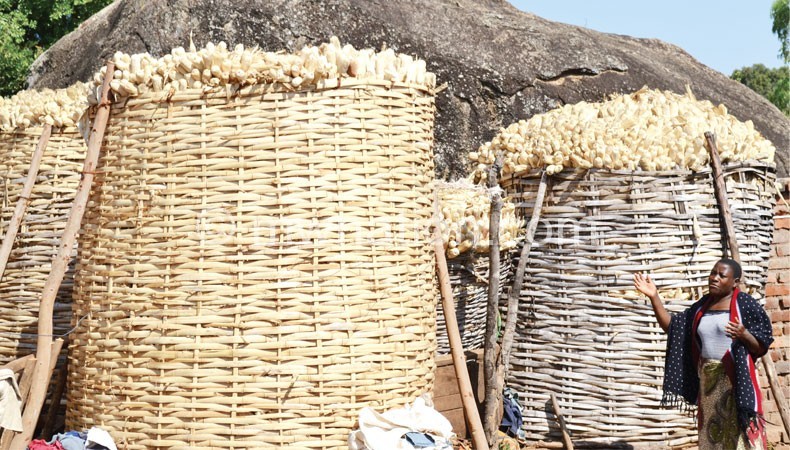WFP launches food relief programme
The current food insecurity in some parts of the country is forcing 77 percent of the country’s households to spend 50 percent of their income on food, the United Nations World Food Programme (WFP) has said.
WFP acting country director Baton Osmani said this at Chilangoma Full Primary School in Blantyre during the official launch of a lean season food relief operation.

The operation aims to meet the food and nutrition needs of the most vulnerable people affected by low crop production and high food prices.
Osmani emphasised that Malawi’s food and nutrition insecurity has become a chronic challenge, requiring multi-sectoral solutions and incorporating climate change adaptation, among other interventions that could help tackle underlying causes of hunger.
He said according to the Malawi Vulnerability Assessment Committee (Mvac) report, over 640 000 vulnerable people in 19 districts will not be able to meet their basic food and nutrition needs from December 2014 to March 2015.
Said Osmani: “While the number of those in need has modestly improved from last year, adverse rains and high food prices have rendered the most vulnerable food insecure.”
He said areas of greatest need include Balaka, Blantyre Rural, Chikwawa, Dedza, Dowa, Karonga, Lilongwe Rural, Machinga, Mchinji, Mulanje and Mwanza.
Other districts that have been affected by food insecurity are Mzimba, Nsanje, Neno, Ntcheu, Phalombe, Rumphi, Salima and Zomba.
But Osmani indicated that there is likelihood that the number of the affected districts could rise as Mvac is yet to release an updated report.
WFP partner for food relief operation in Blantyre Rural is Development Aid from People to People (Dapp) and its country director, Lisbeth Thomsen, said the organisation has trained over 50 000 smallholder farmers countrywide to increase food production and income from the current farming season.
A recent report by Food and Agriculture Organisation (FAO) said an estimated 640 000 people in the country will require food assistance due to localised production shortfalls following a dry period in early 2014 as compared to the 1.5 million in 2013.
The report noted that food security conditions has improved significantly due to bumper maize harvests and generally lower prices not only in Malawi, but the whole of Southern Africa region.




